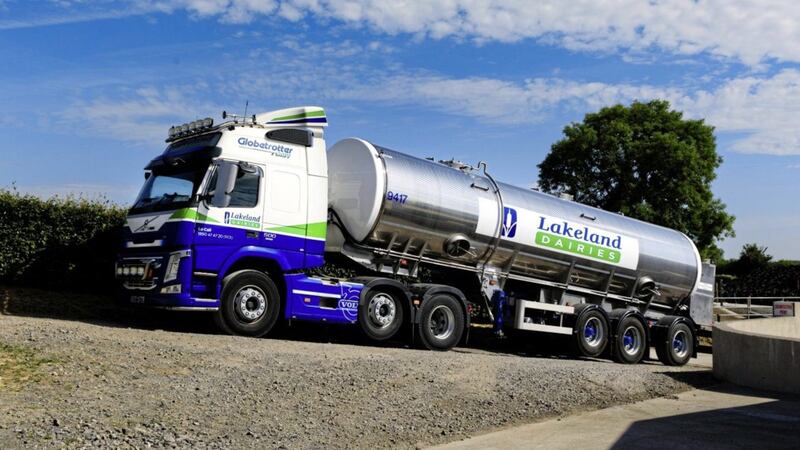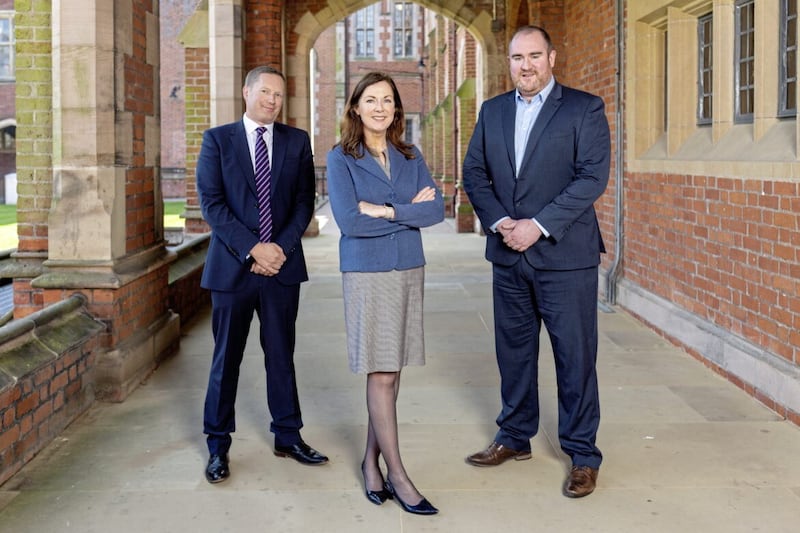AS the latest drama unfolds around Brexit, businesses continue to wait for clarity about what the future holds. But, as they have done throughout the last three years, everyone is getting on with business – and that means that merger and acquisition activity has also been continuing.
Clearly, Brexit uncertainty and global trade tensions are affecting investment decisions in some sectors and diverting resource away from investments in organic growth and acquisitions. But we are still seeing plenty of pockets of activity across all parts of the economy.
Food/agri companies are particularly focused on dealing with potential Brexit fall out and managing the cash flow issues presented by customers, such as the big food retailers who want to stockpile goods. That said, there has been some strategic cross border M&A activity in the agri sector in preparation for Brexit, with the Lakeland Dairies/LacPatrick merger one notable example.
Though not directly Brexit driven, the high-profile examples of distressed activity such as Wrightbus and H&W and the sale of Bombardier Shorts have created a downbeat mood in the manufacturing sector. But that is not the picture across all manufacturing sectors. For example, we have seen positive activity in the aircraft supply chain with local consortium Causeway Aero – which includes strong local manufacturing companies like Denroy Plastic and Moyola Precision Engineering - raising equity funding and securing new work.
Fund-raising activity has also continued in global sectors less exposed to Brexit, notably the technology, med-tech and fintech sectors, as illustrated by the recent AIM listing of Diaceutics, investment in sports technology company Statsports, the recent sale of Novosco and numerous smaller fund-raisings.
The renewable energy sector also continues to be active, with assets continuing to change hands even as incentive schemes are being phased out – for example Gore Street Capital’s acquisition of a controlling interest in two 50 megawatts energy storage projects in Northern Ireland during the summer. The drive to decarbonisation looks set to drive innovation and deal activity north and particularly south of the border
Other sectors have seen significant consolidation over the last 18 months driven in part by market dynamics and increasing regulatory burdens. In insurance broking we worked on the sale of Prestige to US fund, CapZ and the subsequent purchase by Prestige of Autoline Insurance. In the IFA/wealth management sector, leading local provider Johnston Campbell was sold to Socium, a purchaser backed by private equity fund Penta and which in turn followed recent acquisitions by the likes of Davy and Menolly Woods.
Despite those strong headwinds we are also seeing clients with strong balance sheets looking for acquisition opportunities or looking to reinvest funds from previous sales in order to take advantage of opportunities which remain in the UK market, such as the investment by Lagan Investments to take a majority stake in Frame-Tech a Yorkshire based timer frame manufacture.
Looking forward it seems unlikely that the period of Brexit uncertainty will come to any swift definitive conclusion. There has been much talk about the potential “bounce” effect if a no-deal exit can be ruled out.
Conversely, if the UK does leave without a deal the spectre of business failures and job losses in the most exposed sectors looms large. Of course, that may in turn drive further distressed deal activity and indeed create acquisition opportunities for those with the balance sheet strength to exploit them.
:: Richard Gray is partner (head of corporate) at Belfast law firm Carson McDowell








